Warwick’s Unsung Heroes
To celebrate the achievements of some of the most under-appreciated members of the Warwick community, the Boar spoke to campus’ Unsung Heroes.
Rodney Gold Detchebs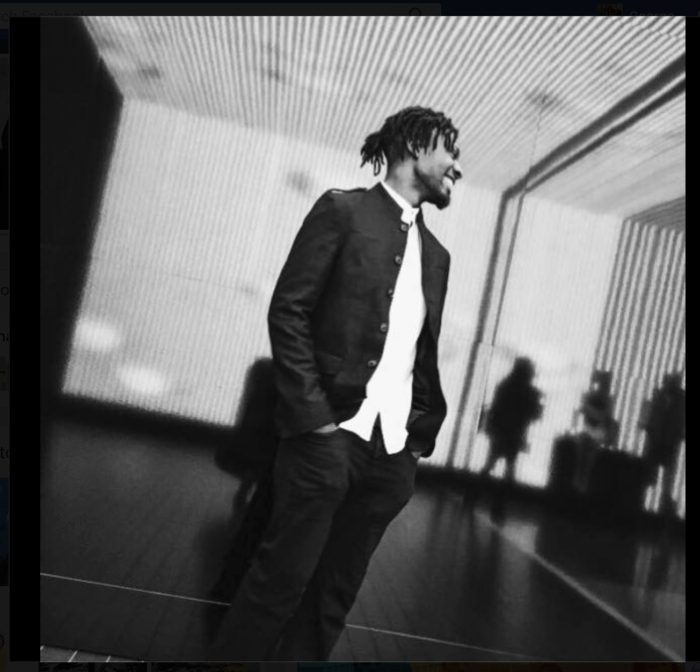
Last year, Rodney began a mental health drive at Warwick with no funding. He along with some colleagues, put together Warwick’s inaugural Black Mental Health Week. This year, he’s created Alt-Ed, a social enterprise aiming to provide in-house mental health education for a range corporate employers, which is being developed with the help of Teach First and O2.
Meanwhile, is the University doing enough to support the mental health of its students? Apparently not. Rodney believes that not enough money is being spent on the services for mental health, highlighting the lack of advertising these services receive, and more importantly, that not enough is being done to encourage discussion surrounding mental health issues on campus.
In keeping with this, the principal aim of his drive is to help people feel comfortable talking about mental health, especially those in the African-Caribbean community. “Some of our parents are or were scared of talking about mental health. We need to be the change we seek, and change the narrative ourselves.”
His proudest achievement so far, he says, was an event which took place on the 2 March entitled Mental Health: A Night of Talents & Testimonies. A night of music, spoken word and more. He stated “The decision of the performers to show their vulnerable side really spurred me to keep this going’.
Some of Rodney’s upcoming events, which he urges those from all communities to attend, are entitled ‘Gender and Mental Health in the Workplace’ and ‘Coping with Mental Health at University’.
George Allred
Reem Doukmak
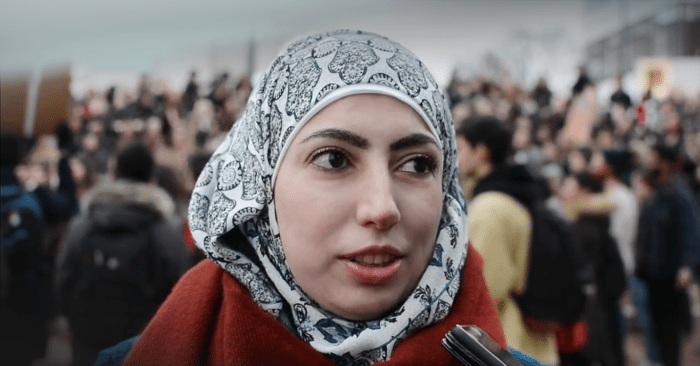 Reem is currently in her fourth year of a PhD in Applied Linguistics and English Language Teaching. Her research involves introducing education interventions to Syrian refugees in Turkey. She is also the President of Warwick STAR (Student Action for Refugees). Reem, who is used to teach at Al-Baath University in Homs, says: “Every morning I wake up thinking of the uncertainty of the day. It pushes me to get up and get going.”
Reem is currently in her fourth year of a PhD in Applied Linguistics and English Language Teaching. Her research involves introducing education interventions to Syrian refugees in Turkey. She is also the President of Warwick STAR (Student Action for Refugees). Reem, who is used to teach at Al-Baath University in Homs, says: “Every morning I wake up thinking of the uncertainty of the day. It pushes me to get up and get going.”
“I always think that everyone can change their society for the better. When it comes to responding to the refugee crisis, every one of us has the power to make a valuable contribution.”
Last year, Reem started the Conversation Club, which supports refugees and asylum seekers in improving their English. It has since grown and become an established project with partners on campus and in Coventry.
“Every time I meet refugee participants who joined the Conversation Club earlier and have now got jobs in the city, I feel delighted that little but regular support by us as students has pushed refugees forward and put them on the route to rebuild their lives.”
On being an activist at Warwick, and making a difference to the world around you, Reem has one message for students: “By engaging in activism on campus, I hope the wealth of skills and knowledge are gauged to improve students’ lives by unlocking their potential and bring about change to the wider community. The University is only a bubble for those who lock themselves in.
Molly Willis
Jenny Wheeler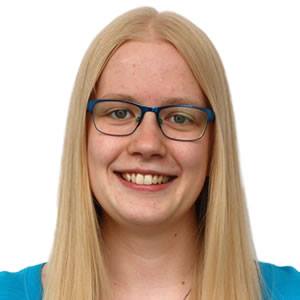
Jenny Wheeler is a final-year medicinal chemistry student, and has been the Disabled Students’ Officer
of Warwick SU since 2014 after being elected for 3 years in a row.
For Jenny, her work centres on increasing the involvement of disabled students right from the beginning in planning for new infrastructure at University. She points out that it is much easier to involve disabled students while plans are still being made, than to change them when they have been “committed to concrete”.
The struggles disabled students face are ones that are often invisible to the general student population. Jenny’s involvement has helped to resolve some of these issues and help students with disabilities feel more involved in the university. The largest lecture theatre in the Oculus, for example, has its entrances in the middle of the hall, so that those with physical disabilities do not have to sit right at the front or back of the lecture theatre, helping them feel more engaged.
What keeps her going despite her myriad of commitments and her struggles with her disability is a genuine concern for her work. While she admits that getting out of bed some days is hard, she hasn’t lost her drive: “My success rate for getting through bad days is 100% so far, so that keeps me going!”
She hopes the university will continue to listen to the voices of disabled students and get them involved in consultations. After all, “sometimes the smallest things can make the biggest difference”.
Michelle Zhu
Anuradha Roy
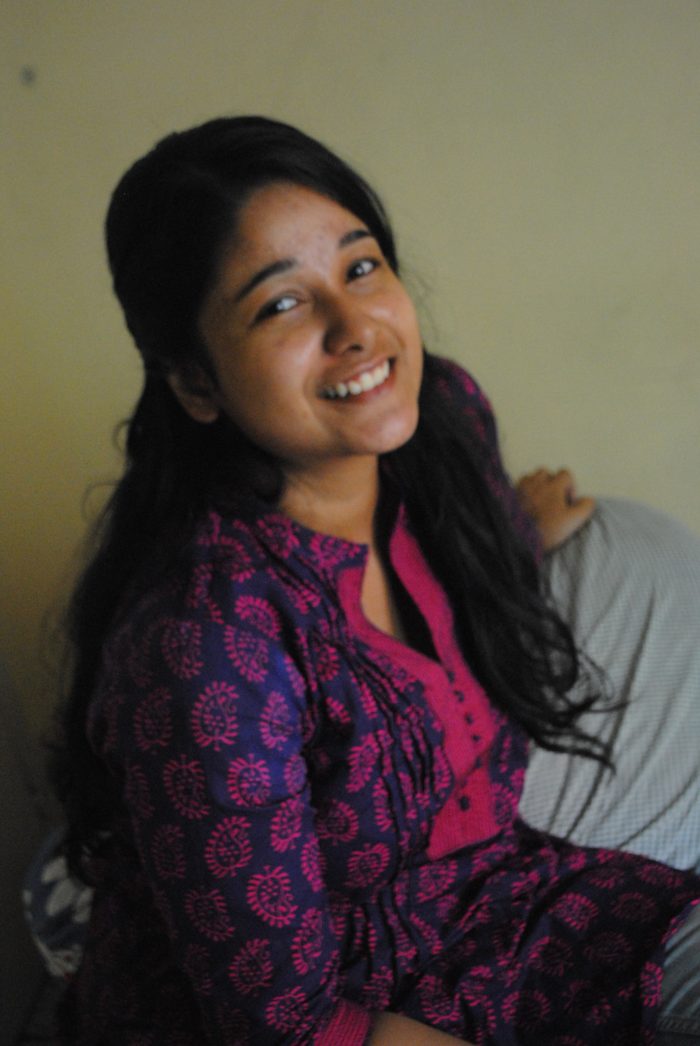
As a final year Politics and International Studies student, Anu is well aware of the stresses and struggles university. Speaking to her it is easy to see the commendable positive attitude and care she has for fellow students, who may be finding it hard to cope with university life.
Her great empathy towards others who may be struggling and her involvement in Mind Aware has helped support those students who have felt “vulnerable and hopeless” at university and Anu has found tackling these issues “very motivational”. However, she feels the university can do better to “encourage a supportive environment” and “destigmatize the negative connotations associated with mental health”.
Inspired by her mother’s “ambition and drive in fulfilling her career” as a civil servant in India, Anu is also a student progression ambassador. She helps year 9 students at Whitley Academy in Coventry become familiar with the application for university and supports them on an “academic, professional and personal level”.
Her second year was spent abroad at Waterloo University in Canada and it is this journey that Anu has been most proud of through her time at university. Not able to recommend it enough, it’s an adventure she found exhilarating and rewarding and one which she would encourage all first years to consider.
Despite all her amazing work, Anu remains extremely modest and has constant praise for other student activists and the demonstrations and fundraisers they organise across campus. She does hope to encourage all students to not be too hard on themselves. Especially if they feel down about not getting involved in as much as others might be and to realise “there is always time and opportunities to get involved”.
Daniel Parker
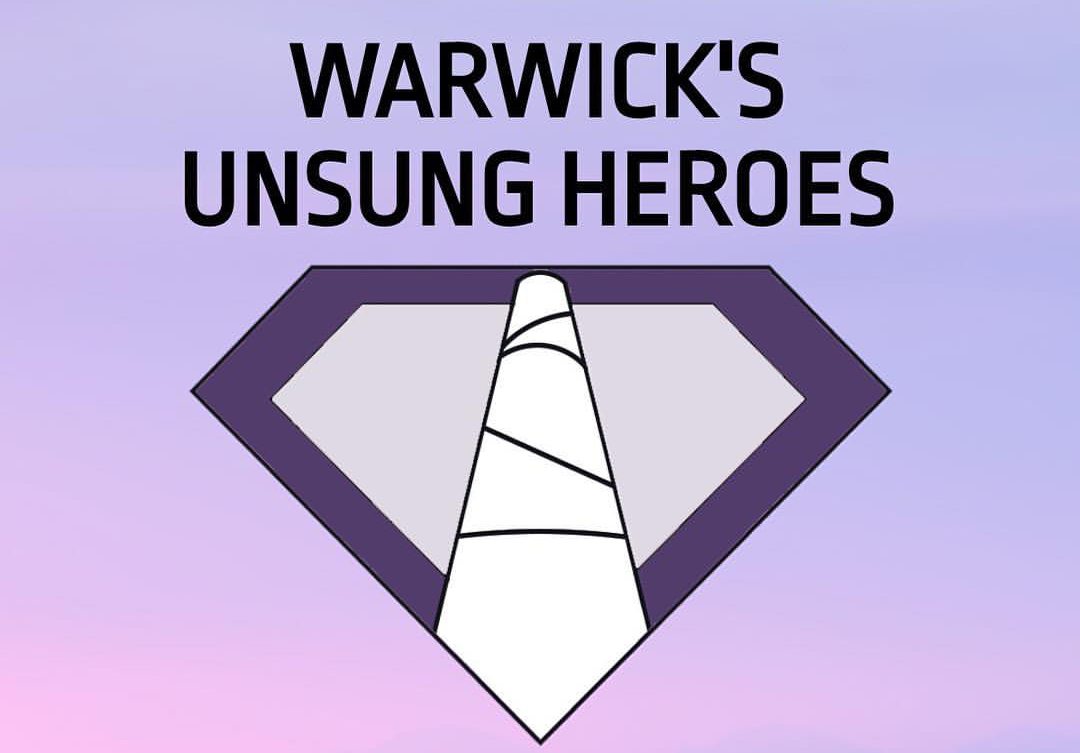
Comments (1)